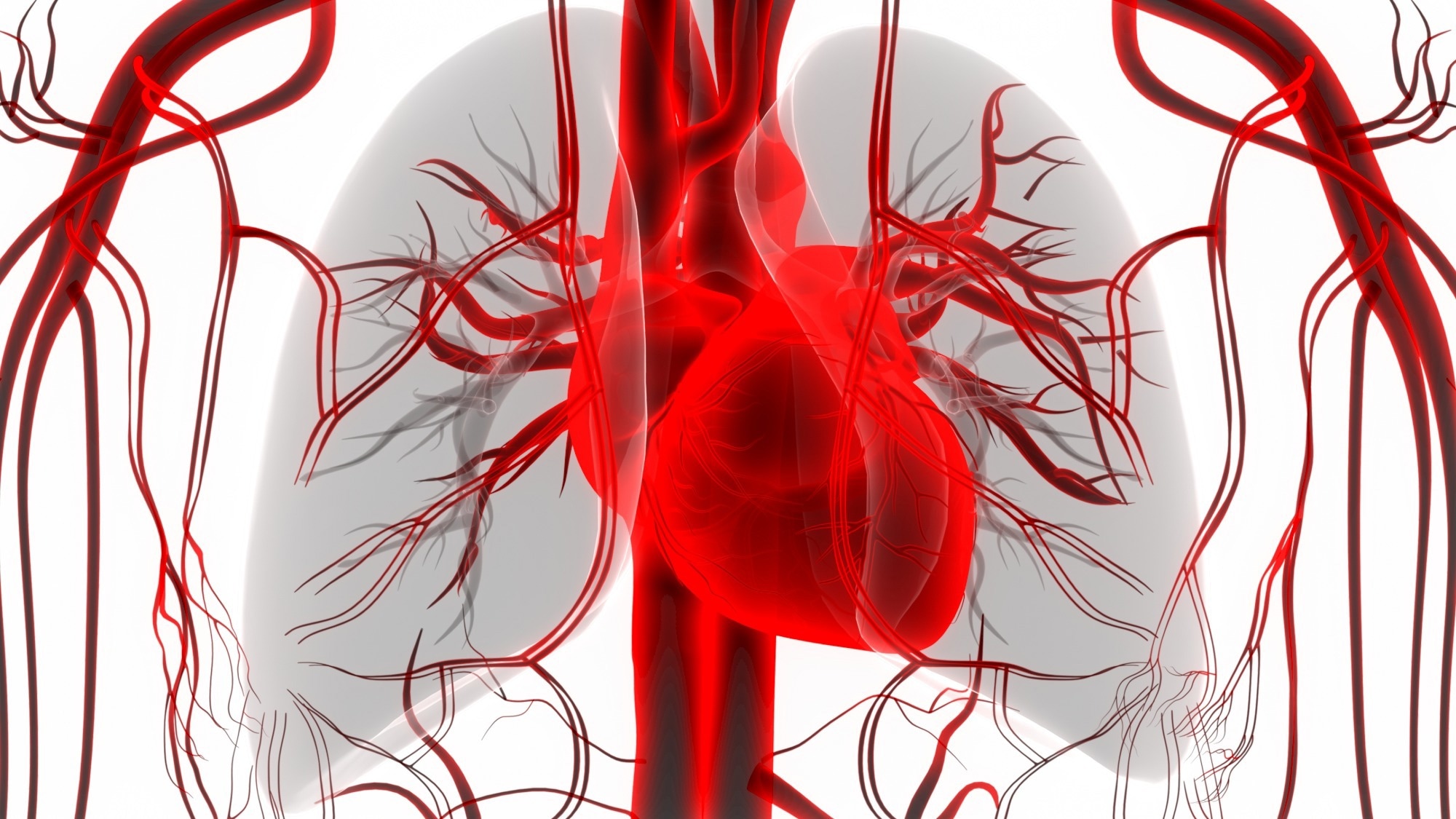Lifestyle Choices Significantly Impact Atrial Fibrillation Risk: New Study Reveals Alarming Connection

Your Daily Habits Could Be Putting You at Risk for Atrial Fibrillation (AFib)
A groundbreaking analysis from the renowned Framingham Heart Study has uncovered a stark reality: your lifestyle choices play a pivotal role in your risk of developing atrial fibrillation (AFib), a common heart rhythm disorder. The study, which examined the cardiovascular health of a large cohort of adults, revealed a concerning link between poor cardiovascular health and a significantly increased risk of AFib.
Understanding the 'Life's Essential 8'
The research centered around the American Heart Association's 'Life's Essential 8' – a comprehensive framework for assessing and improving cardiovascular health. These eight factors include diet, physical activity, smoking status, body mass index (BMI), cholesterol levels, blood pressure, fasting glucose, and sleep. Researchers evaluated participants' scores based on these factors, categorizing them as either 'ideal,' 'intermediate,' or 'poor.'
The Shocking Findings: A Near Doubling of Risk
The results were striking. Individuals with 'poor' scores on the Life's Essential 8 were found to be nearly twice as likely to develop AFib compared to those with 'ideal' scores. This highlights the profound impact that modifiable lifestyle factors can have on heart health. It's not just about genetics or age; it's about the choices you make every day.
Why is AFib a Concern?
Atrial fibrillation isn't just an inconvenience. It's a serious condition that increases the risk of stroke, heart failure, and other cardiovascular complications. AFib causes the upper chambers of the heart (atria) to beat irregularly and rapidly, leading to a loss of coordination and potentially blood clots. These clots can travel to the brain, causing a stroke.
What Can You Do? Taking Control of Your Heart Health
The good news is that this study offers a roadmap for prevention. By focusing on improving your Life's Essential 8 score, you can significantly reduce your risk of AFib and improve your overall cardiovascular health. Here's a breakdown of actionable steps:
- Diet: Embrace a heart-healthy diet rich in fruits, vegetables, whole grains, and lean protein. Limit processed foods, saturated fats, and added sugars.
- Physical Activity: Aim for at least 150 minutes of moderate-intensity aerobic exercise or 75 minutes of vigorous-intensity exercise per week.
- Smoking: Quit smoking. It's one of the most significant steps you can take for your health.
- BMI: Maintain a healthy weight.
- Cholesterol & Blood Pressure: Work with your doctor to manage your cholesterol and blood pressure levels.
- Fasting Glucose: Monitor and control your blood sugar levels.
- Sleep: Prioritize getting 7-9 hours of quality sleep each night.
The Takeaway: Small Changes, Big Impact
This study serves as a powerful reminder that your lifestyle choices have a direct and significant impact on your heart health. By making small, sustainable changes to improve your Life's Essential 8 score, you can dramatically reduce your risk of developing AFib and enjoy a longer, healthier life. Consult with your healthcare provider to discuss your individual risk factors and develop a personalized plan for improving your cardiovascular health.






